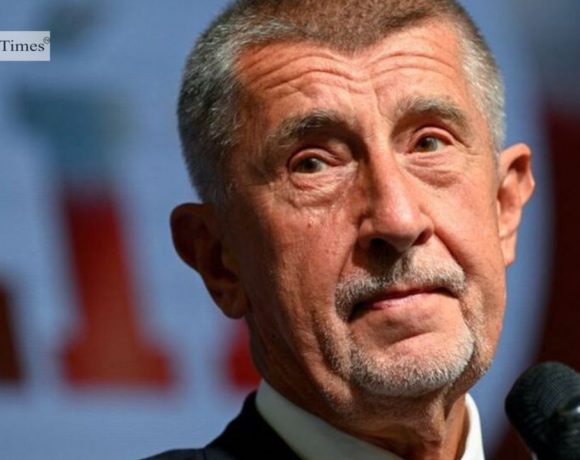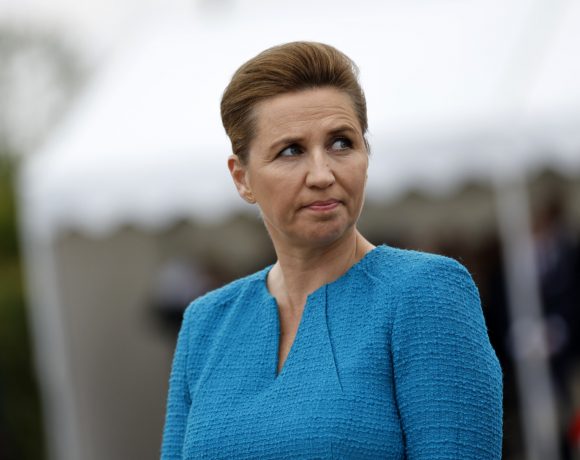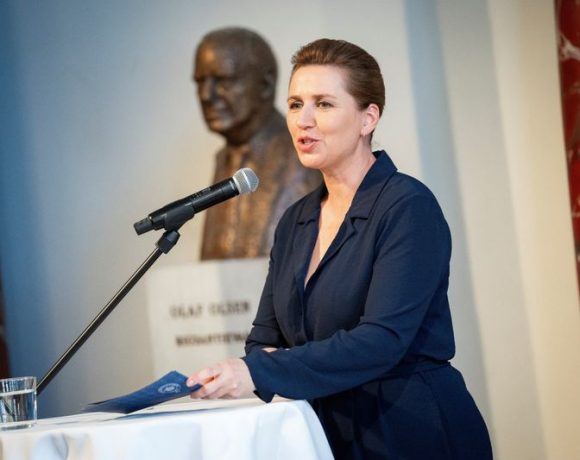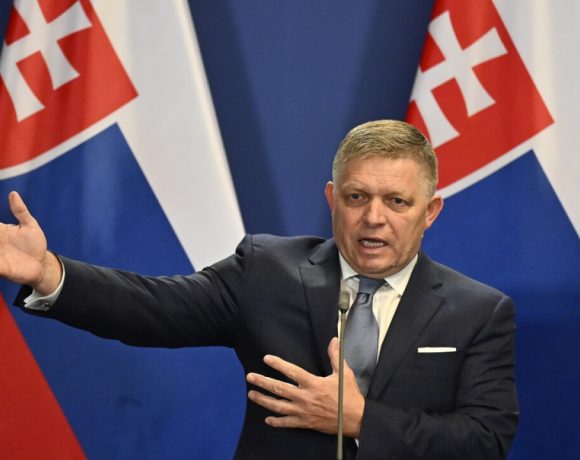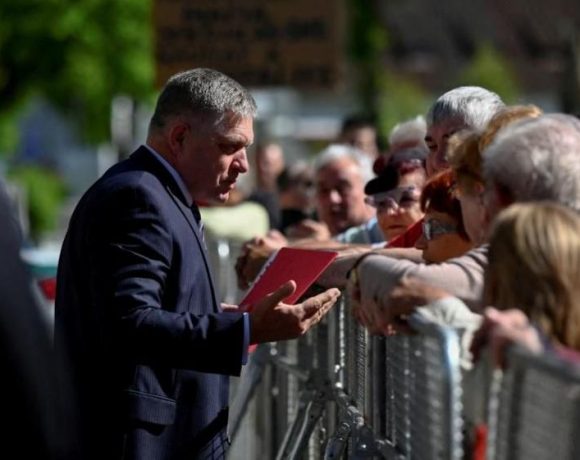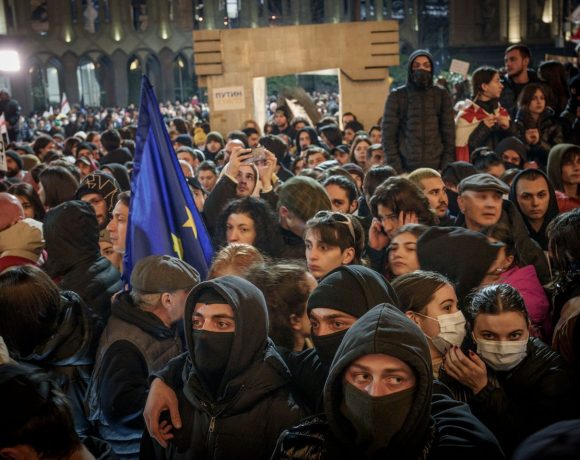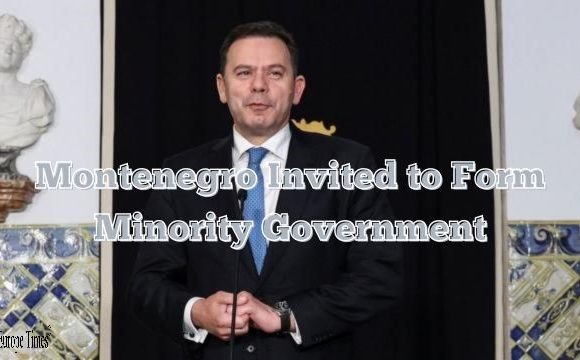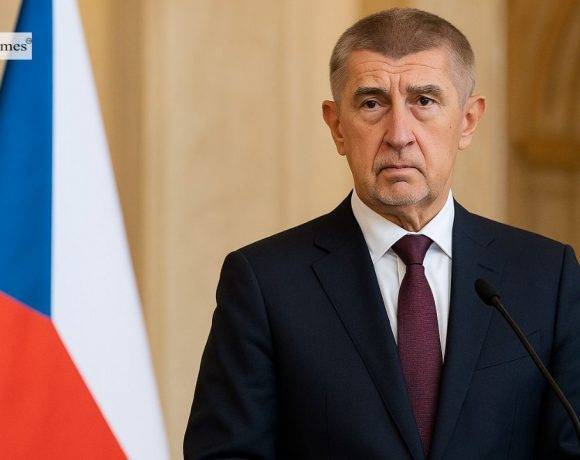
Billionaire Andrej Babis has been appointed as the Czech Republic’s new prime minister, following a public pledge to relinquish control over his vast Agrofert conglomerate, which spans food processing, agriculture, and chemicals. Babis, 71, promised to serve all citizens and make the Czech Republic the “best place to live,” as he prepares to form a cabinet including far-right and Eurosceptic allies.
If Babis follows through, he will have no financial stake or influence over Agrofert’s operations, with the $4.3 billion conglomerate placed in a trust managed by an independent administrator until his death. Critics remain skeptical about the arrangement, as Czech law lacks a formal mechanism for blind trusts, raising concerns over potential conflicts of interest.
Babis’s influence extends beyond Agrofert, controlling other ventures such as private health clinics, reproductive services, a florist chain, and a retail brand. As prime minister for the second time, his reach into Czech economic and social sectors is set to expand, with his political shift to the right signaling a departure from the pro-Ukrainian stance of his predecessor.
Pic courtesy: google/ images are subject to copyright

